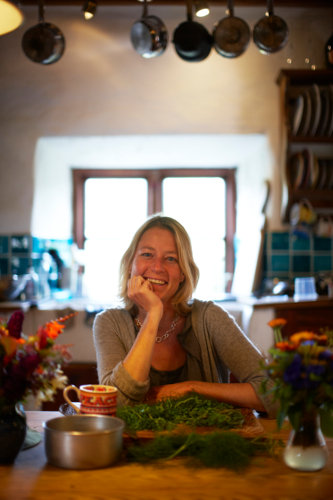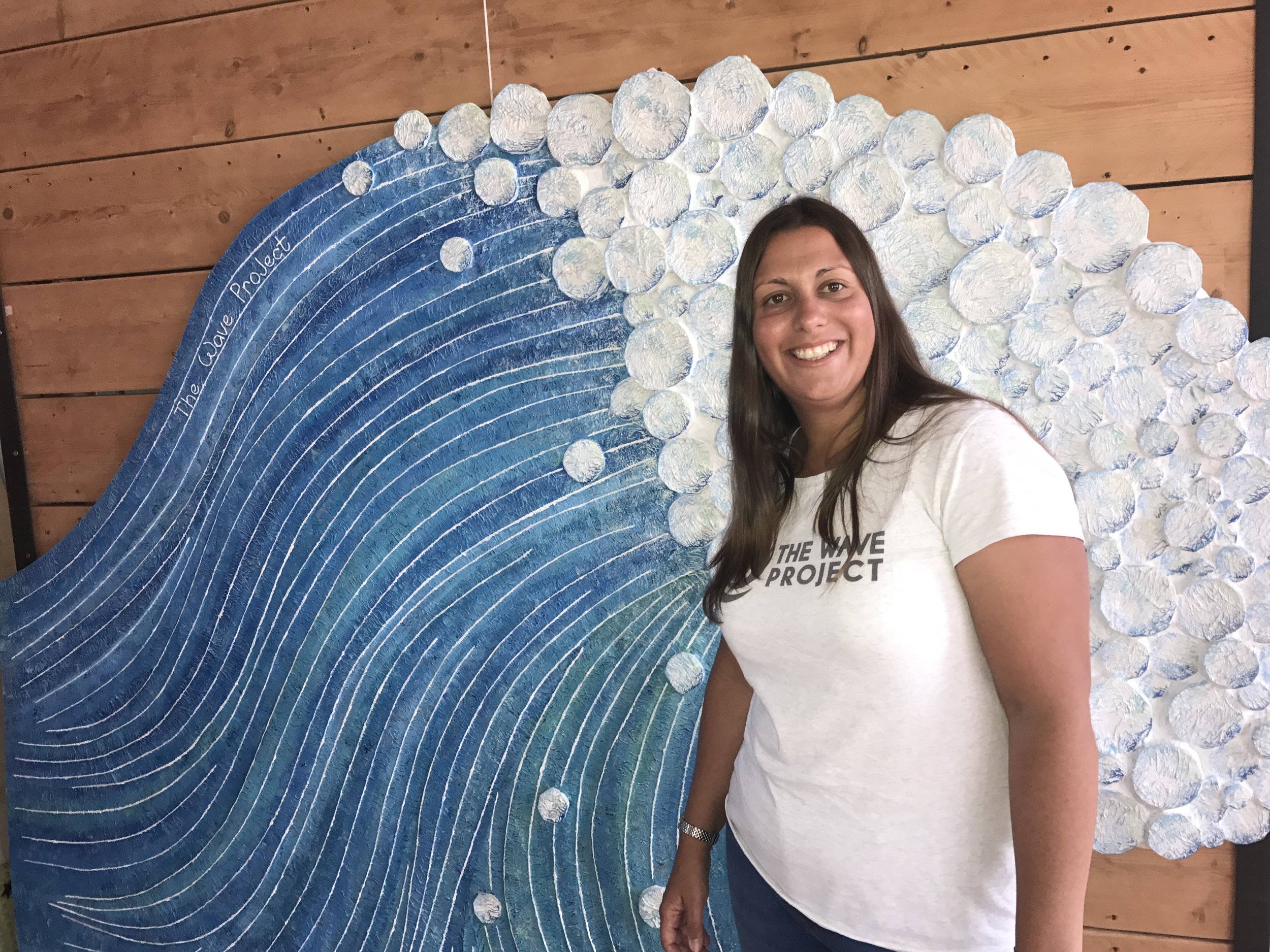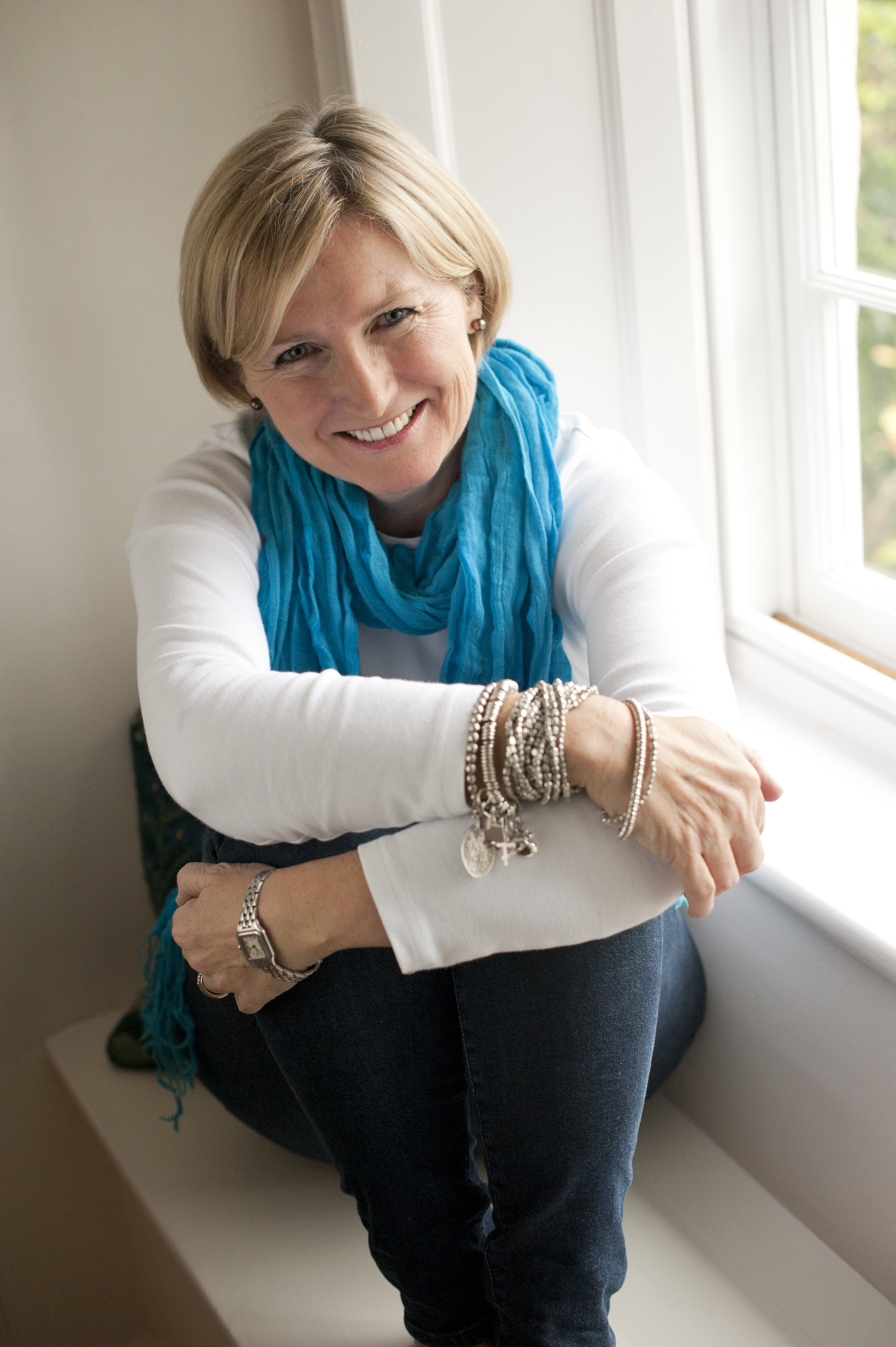What do you consider your greatest achievement?
The smaller triumphs contribute to the complete oeuvre comprising one’s life and its greater achievements. No happiness is complete or accomplishment laudable unless it stands upon a foundation of contentment and peace in our everyday lives. For a woman especially this is not just paramount but also a primal need because she shuttles between various domestic commitments alongside her idealistic ones. The family, friends, their health and well being, my receptiveness to the world around me, my energy to love and be in love after all these years… and then yes, to find that an odd poem of mine, a piece of writing or artwork has touched a spot in someone’s life, or has taken on its own mysterious flight and is resonant with them: all this put together would perhaps be my greatest achievement at the end of the day.
What motivates you to do what you do?
I struggle with the word motivation because over the years I’ve realised that disciplining myself to working consistently everyday helps me in becoming sentient to those higher moments that might startlingly present themselves to me in the midst of it all. Having said that it is also true that tiny things like seeing sunlight filter through an autumn tree, smoke rising from the chimney of a house I might pass on a train journey, a chance meeting with someone extraordinary in the most ordinary of circumstances, a word or sentence I hear or read somewhere – all this too does stimulate me into writing or painting or carving something that may or may not have anything to do with whatever incited it in the first place. I guess it is this energy pulsating everywhere – in nature, in places, in people, their pains, hopes, emotions, the stories or songs throbbing within them – which touches me intensely, impelling me to write, paint or carve.
What do you owe your mother?
My mother is the organic force in my life. There is nothing false or pretentious about her and there are no embellishments lining her speech. She has taught me the value of honesty, of simplicity, of living within one’s means and maintaining equilibrium in life, love and relationships, of the importance of being orderly and of decluttering my outer world so I may explore freely the convolutions within in my search for that higher truth, whatever medium I might choose to work with.
Which women inspire you and why?
Gosh so many of them! Frida Kahlo in her re-birthing of herself after her accident, pursuing relentlessly her colours despite her multiple surgeries and the debilitating pains she had to live with all her life and most of all drawing from those very moments of darkness her stimulus to paint; Barbara Hepworth in her tenacity to seek the truth despite all odds in her domestic life as well as from her male counterparts; Maya Angelou’s wildfire heart, the fearlessness that bristles through her works; Kiran Bedi, the first woman IPS officer in India who has combined so beautifully, policing with kindness, empathy, reintegration, in her correctional approach to handling prisoners and other offenders; then also a very dear friend of mine who fights her MS valiantly everyday and finds new hope and laughter in all of life …oh the names could go on forever from the past or those forming the fabric of our daily lives– in their grit, their dedication, their strength to embrace their many other commitments alongside what they’ve set out to achieve. I am inspired by women who can pursue their higher goals without disregarding the beauty of womanhood in all its compassion and tenderness.
What are you reading?
Apart from those countless research books on Barbara Hepworth and twentieth century art and artists related to my current project, I am dipping in and out of Pablo Neruda’s “100 Love Sonnets”, each poem of which startles me every time I read it in either its sensuousness or his ability to grab one’s guts and seek out the visceral. One other book that is my constant companion is the Bhagwad Gita, which I feel is a great manual for daily living and thankfully with no religious affinities. It talks simply about the value of performing one’s tasks consistently and to the utmost without the desire of an outcome.
What gender barriers have you had to hurdle?
There are not very many really mentionable instances except back in the Nineties after my first book was published and well-received that a much older and established poet/poetry editor of a prestigious publication house whom I had long admired, hugely praised my writings (which was indeed flattering to a twenty year old), luring me with the prospect of publishing my second collection before beginning to make inappropriate advances to me. I did of course reject his offer of publication but remember being shaken up tremendously and disillusioned for quite some time after that about the power that men held, the status of women in society and this lack of recognising a woman’s merit in view of her physical attributes. Incidents like this I guess prepare us for a life of future hurdles and make us strong but I worry for the younger girls everywhere who are vulnerable.
How can the world be made a better place for women?
If any human being or creature is discriminated against or not respected as an equal being then we certainly cannot call ourselves evolved people living in a civilised world. A sense of respect and equality needs to be inculcated in the minds of all people and from the very beginning. For this I think it is imperative we take parenthood very seriously and have children only when we’re committed to nurturing them well and into individuals who have developed a sound rational mind that can perceive and distinguish between right from wrong, even challenge us when we are wrong. It has been established that most people inclined to certain behavioural patterns, to criminal acts, paraphilic and other disorders or those harbouring prejudices towards others are merely acting upon instincts, scars, habits developed in early childhood. When children experience warmth, love, confidence, respect and equality towards all at home, they will carry that respect along with them in later life. Having said that I do feel that the world is improving tremendously with every generation. The inequalities and biases that our grandparents and parents grew up with were righted somewhat among our generation and our children seem to be so much fairer and evolved compared to us. I have great hope in the world being a much better place in their hands.
Describe your perfect day?
Early morning start with yoga, meditation, a brisk walk in the park or the woodlands nearby (and feel the life-force everywhere) before sitting down to a creatively productive day that winds up with a girly heart-to-heart with my daughter back at university, a quick catch-up with my parents about their well-being and that of my family back in India, then finally curling up over a quiet mug of evening tea with my husband, listening to music we both love or just being – that’s when I know all’s right with the world – and my day complete.
We've noticed there really aren’t many (if any) statues of women around Cornwall - who would you see remembered?
I don’t know about statues really (because I feel statues tend to distance the glorified one from the onlooker) but I would very much like the works of many of these remarkable women living here over the ages, recognised and disseminated everywhere – the Cornish beaches, libraries, schools, parks, town centres, public places etc. in the form of their sculptures, books, plays, pieces of music, their poetry or words inscribed and for all to absorb –so their spirit transfers itself to that of the places and reminds all that these were great women living here, and that there are great women everywhere in our own mothers, daughters, spouses, who possess exceptional talents and need to be recognized and celebrated just as Barbara Hepworth, Rowena Cade, Dora Russell and others were.
Give us a tip?
Writing: When the words refuse to come, write down the most honest sentence that comes to mind…and the skein begins to unravel, liberating those primordial truths trapped within.
Painting: Let your colours sing, fight, dance with each other… because from midst that riot will emerge the perfect harmony.
Stone: Hold it in the palm of your hand and sit still until its pulse falls in step with yours and you’re a part of the matrix… in flesh, blood, soul.
… and finally, a poem dedicated to women.
ultimate form
when you made me
you plucked fires from
furnaces, wove them into the
windstorms and drew
my breath. You tipped fronds
filled with dew, carried
back and forth palmfuls from
rivulets and bathed
me, forehead down, to allow
the bleeding. You dug
out strips of earth, carved my
shoulders, breasts and
innards to give me form. From
the morning Sun you drew
the colours and gave me light
so I might love
Rupam Baoni is a critically acclaimed writer and artist living in London and distributes her time between writing, painting, sculpting and service towards pertinent social causes. Her poems, short stories and essays appear in literary journals and newspapers. Her first book of poems Green Red and Amber, published at the age of nineteen prompted positive reviews in leading literary magazines and newspapers. She was youngest of twenty-one international poets invited to prestigious poetry readings alongside the US Poet Laureate Donald Hall, Jane Kenyon and others of repute and has since then attended many literary festivals, seminars and conferences. She gives talks on art, philosophy and organizes workshops on painting, art appreciation and creative writing around UK and India. A huge admirer of the sculpture, philosophy, and (globally undervalued) vision of Barbara Hepworth’s, she is currently working on a book that delves into the psychological and sensual aspects of the sculptor’s works and workmanship, apart from getting together a new collection of poems, essays, short stories.
“When I was writer-in-residence at the Hypatia Trust for nearly a month in September 2009, I fell deeply in love with Cornwall. It has since then become a second home for me and I keep going back whenever I can to its startling stretches of blues, greens, umbers, its beautiful people, its raw energy that is enticing in a visceral sort of manner. I find poems buried beneath its stones, paintings splashed over its cliff-tops and sculptures carving its landforms. Also, my research work on Hepworth in and around Cornwall has been a fascinating journey and I can so well relate to Barbara Hepworth’s love and connection to the place being the outsider that she was and yet feeling that twinge whenever she had to leave it, even if it was for a short time.”
www.rupambaoni.com











